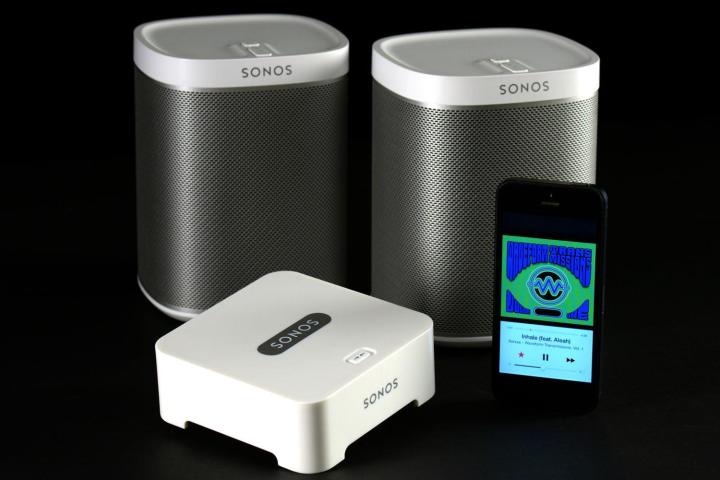Amazon Echo
“We know that life at home requires the support of a variety of services,” said Spence in an internal memo sent out to the company and obtained by The Verge. “We are going to do the same with voice services, bringing all the services that matter to every home.”
We already knew that Sonos was planning some level of integration with Amazon Alexa, so it’s nice to see that non-Alexa users will also get some digital assistant love from Sonos sometime in the future. There’s no timeline for this yet, so it could be months or even years before we see integration with Google Assistant.
The memo doesn’t only reference digital assistants — it also talks about the need to be more innovative, and highlights why the new CEO knows what he’s doing in leading the company.
It’s likely we’ll see more digital assistant integration into all our devices over the next few years. The digital assistant space is seriously heating up, with many smartphone manufacturers now developing their own assistants.


